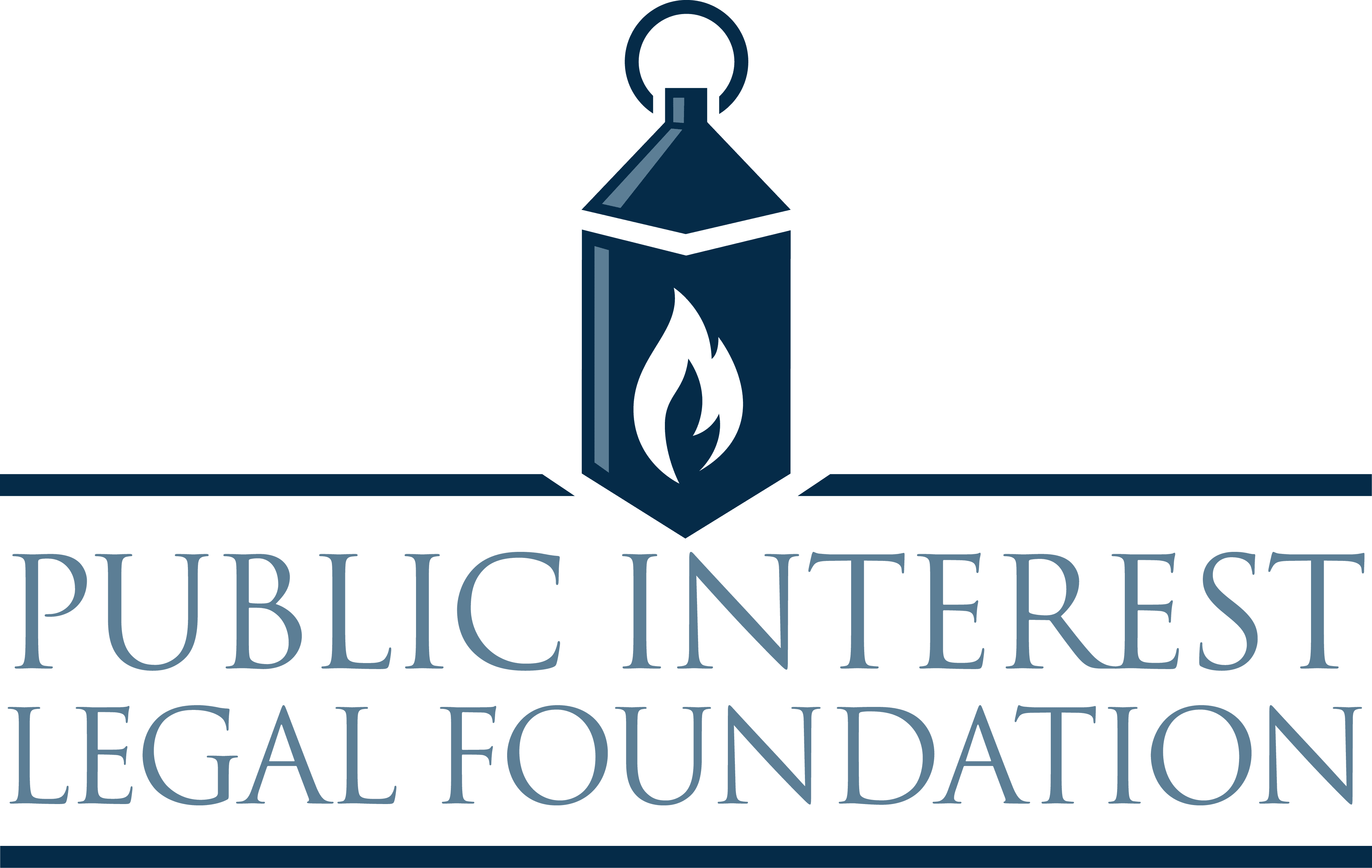Supreme Court precedent in Shelby County v. Holder orders that Congress cannot indiscriminately treat states differently.
(Minneapolis, MN) – October 23, 2024: Today, the Public Interest Legal Foundation (PILF) is in court arguing against Minnesota’s motion to dismiss the Foundation’s lawsuit against Minnesota Secretary of State, Steve Simon. PILF’s lawsuit seeks to obtain documents that the National Voter Registration Act’s (NVRA) Public Disclosure Provision exempted from disclosure. The lawsuit alleges that Minnesota’s special exemption violates the principle of equal state sovereignty and injures the plaintiff.
Arguing on behalf of the Foundation is PILF litigation counsel Kaylan Phillips.
If applied, the NVRA would require Minnesota to make its voter roll available to the public at a reasonable cost regardless of the requestor’s residency. Currently, Minnesota law prohibits out-of-state residents or organizations from purchasing the voter roll.
HISTORY OF THE NVRA
In 1993, Congress passed the National Voter Registration Act, which requires states to “make available for public inspection and, where available photocopying at a reasonable cost, all records concerning the implementation of programs and activities conducted for the purpose of ensuring the accuracy and currency of official lists of eligible voters.”
Congress’s intent behind the NVRA’s Public Disclosure Provision was to ensure the public can evaluate a state’s voter list maintenance activities and to allow the public to enjoy a transparent electoral process.
Congress exempted Minnesota, Wisconsin, New Hampshire, Idaho, North Dakota, and Wyoming from the NVRA because these states offer same-day voter registration or do not require voter registration.
THE NVRA’S TRANSPARENCY EXEMPTIONS VIOLATE THE PRINCIPLE OF EQUAL STATE SOVEREIGNTY
Minnesota’s special exemption violates the principle of equal state sovereignty because it treats Minnesota and five other states differently than the other states.
In the Supreme Court case Shelby County v. Holder, the Court reaffirmed that all states enjoy equal sovereignty and that if Congress treats states differently, the differential treatment must be “sufficiently related to the problem [the statute] targets” and must “make[] sense in light of current conditions.”
Minnesota’s exemption from the Public Disclosure Provision did not make sense when the NVRA was passed in 1993 or now under “current conditions” because:
- Minnesota routinely grants and removes voting rights through registration and voter list maintenance. Congress’s goal of making this process transparent applies equally in Minnesota.
- Minnesota, along with 19 other states and the District of Columbia offer same-day voter registration. Yet, 13 of these states and the District of Columbia are subject to the NVRA’s transparency requirements while Minnesota and five other states are not.
- Minnesota offering same-day voter registration does not exclude it from Congress’s intent to bring transparency to elections.
“No state should have a special exemption from election transparency,” said PILF President, J. Christian Adams. “Transparency is essential for confidence and trust in the elections process. This hearing on the motion to dismiss is the first step in this groundbreaking lawsuit to bring the National Voter Registration Act’s transparency requirements to all 50 states.”
The attorneys for the Foundation in this case are Noel Johnson and Kaylan Phillips. Local Counsel is James Dickey of the Upper Midwest Law Center.
Additionally, the Foundation filed a similar federal lawsuit challenging Wisconsin’s exemption from the NVRA’s Disclosure Provision.
The case filings and documents in Public Interest Legal Foundation v. Steve Simon can be found here. A factsheet on the case is available here
Public Interest Legal Foundation (PILF) is the nation’s only public interest law firm dedicated wholly to election integrity. The Foundation exists to assist states and others to aid the cause of election integrity and fight against lawlessness in American elections. Drawing on numerous experts in the field, PILF seeks to protect the right to vote and preserve the Constitutional framework of American elections. PILF has brought lawsuits and won victories in Texas, Mississippi, North Carolina, Virginia, Maryland, Pennsylvania, Michigan, and across the United States.
###
For media inquiries, please reach out to Lbowman@publicinterestlegal.org

